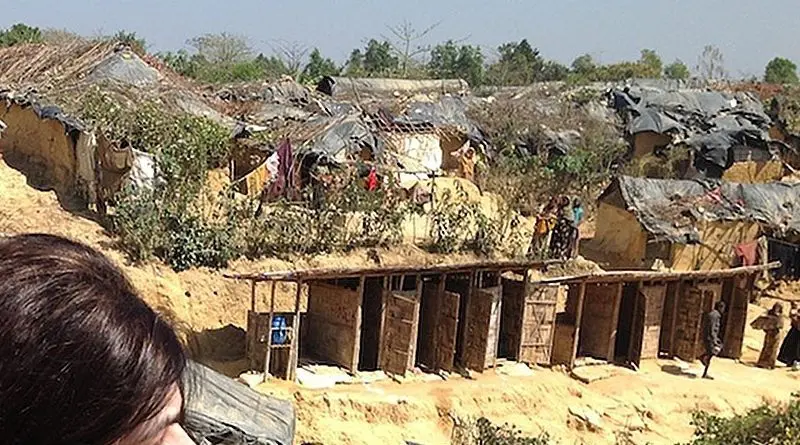Bangladesh Seeks Cambodia’s Cooperation In Ending Plight Of Rohingya – OpEd
In the upcoming United Nations General Assembly (UNGA), to end the Rohingya community’s plight, Bangladesh will need co-operation from all countries, including Cambodia. As the representative of the Rohingya community on the global stage, Bangladesh wants to ensure repatriation at the earliest and seek a multilateral consensus at the UNGA.
After four years, the Rohingya crisis has emerged as a regional crisis. It is not an ‘internal matter’ anymore as its impacts are affecting other regional neighbors of Myanmar. Though Bangladesh signed a bilateral repatriation plan with Myanmar in 2017, the process is only lingering because of Myanmar’s unwillingness. The process has come to a halt after the February coup and following political turmoil in Myanmar. In the meantime, Rohingya are becoming more vulnerable and frustrated. They are becoming vulnerable to transnational crimes, illegal migration, Human Trafficking, Arms and Drugs trafficking, and extremism. There are hardly any incidents recorded in Rakhine state during the last four years, even in the aftermath of the coup and following turmoil. Yet, the Rohingya are doubtful about their safe and secured return as Myanmar failed to build trust and ensure their safety.
At this point, without a multilateral consensus, the issue will only linger. Moreover, perpetrators should be brought to justice for their role in atrocities and crimes against humanity in Rakhine state against the Rohingya. After the coup, the situation has also changed in Myanmar, where violations of human rights are occurring by the same perpetrators.
Rohingya is described as ‘the most persecuted minority’ of our time by the UN. The ethnic community is on the verge of extinction, facing persecution and ethnic cleansing. Hence, it is the common duty of the world community to save this community. To do so, a safe, secured, and dignified repatriation is a must. However, the Rohingya also want to go back to their ancestral home provided given security and trust.
During the Khmer Rouge rule, Cambodia once faced one of the worst genocide and crimes against humanity in the late 1970s. Moreover, during the civil war and Vietnam invasion, Cambodia also faced decade long humanitarian crisis, and Cambodians were forced to seek refuge in other states. But with the help of the UN Transnational Authority in Cambodia (UNTAC) and the UN High Commissioner for Refugees (UNHCR), the crisis came to an end. Under UNHCR supervision, in the 1990s, more than 350 thousand Cambodians peacefully repatriated to their motherland. Later, the national court of Cambodia signed an agreement with the UN, established a court, and brought the perpetrators to justice. The court is popularly known as the ‘Khmer Rouge Tribunal.’ Moreover, as an ASEAN member state, Cambodia also has regional responsibility in this issue.
To resolve their humanitarian crisis and bring the perpetrators to book, Cambodia once resorted to multilateral collaboration with the UN and its key members. The Rohingya community is also facing the same plight, and multilateral effort is the only chance for their survival as an ethnic community and return to their ancestral home. And ensuring that is a global moral obligation for all nations, especially those who received the same treatments before and cherish their strong belief against oppression.
Hopefully, Cambodia will uphold its humanitarian spirit once again and co-operate with Bangladesh in the upcoming UNGA session by voting ‘Yes’ to the Rohingya Repatriation resolution.

